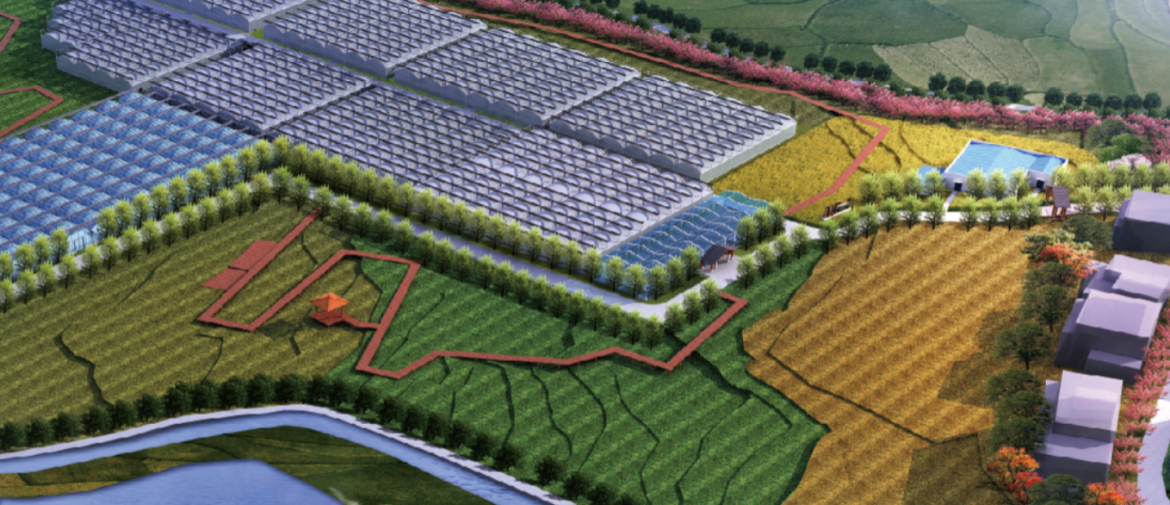The agricultural sector is increasingly embracing innovative methods to enhance productivity and sustainability. Among these innovations, farming solutions that integrate digital technologies are gaining attention. These solutions enable experienced operators to optimize crop management, improve resource efficiency, and maintain consistent quality. By utilizing advanced monitoring systems, automated nutrient management, and precise environmental control, modern farming approaches can adapt to both large-scale and urban agricultural settings, meeting the growing demands of local and international markets. These approaches also help reduce environmental impact by minimizing water and energy use, making them attractive to regions with strict sustainability standards.
Digital Farming and Automated Plant Factories
Digital farming represents a significant step forward in agricultural innovation. By combining data-driven systems with plant factory technologies, operators can manage cultivation processes with greater precision. Automated systems regulate lighting, temperature, and humidity to create ideal growing conditions, while nutrient delivery is carefully monitored and adjusted in real time. This approach allows consistent yields and reduces the reliance on manual intervention, making it suitable for complex environments in regions such as Europe, North America, and the Middle East. Large-scale projects, like nursery plant factories, illustrate how structured farming solutions can integrate with local agricultural development plans, ensuring both economic and social benefits are achieved. They also provide a platform for testing new crop varieties and refining growth protocols.
Integrating Advanced Production for Optimal Results
Projects such as the Wencheng County Alpine Nursery highlight how industrialized plant factories support modern agriculture. In the first phase, these facilities serve as supporting units for local nursery bases, enhancing cultivation uniformity and overall production efficiency. The second phase, which covers over 5,263 m², is planned to provide a fully operational plant factory by the end of 2023. By employing digital monitoring, AI-controlled environments, and automated nutrient delivery, such projects exemplify the latest farming solutions designed to support large-scale crop production while meeting government and market requirements. Experienced growers benefit from predictable outcomes, improved quality, and operational efficiency, which helps expand the commercial viability of plant factories in international markets.
Conclusion: The Role of Advanced Companies in Digital Agriculture
As digital agriculture continues to evolve, companies like 4D Bios play a crucial role in providing comprehensive plant factory solutions. They integrate technologies such as LED plant lighting, vertical cultivation, nutrient management, and AI-based environmental control to offer sophisticated farming solutions for experienced operators. Their systems enable large-scale production, helping clients meet both commercial and regulatory objectives while supporting sustainable agricultural development. By bridging innovative technology with practical cultivation practices, 4D Bios demonstrates how digital plant factories can transform modern agriculture on a global scale, creating new opportunities for urban and peri-urban farming ventures alike.
